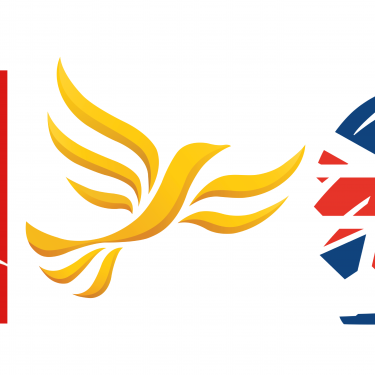UK general election: political party manifestos present a mixed bag for press freedom

In the run-up to the 8 June 2017 snap general election in the UK, political parties have released manifestos outlining their plans for governing in the event they are elected. The Conservative, Labour, and Liberal Democrat party manifestos contain a number of pledges with both positive and negative implications for press freedom. Reporters Without Borders (RSF) has analysed these provisions as below.
The Conservative party manifesto, launched on 18 May, contained one significantly welcome provision, which was that the party would not proceed with implementing the second stage of the Leveson Inquiry, and would repeal Section 40 of the Crime and Courts Act 2013 – both measures that RSF has campaigned for. RSF and other free expression groups viewed Section 40 as threatening to press freedom, particularly its cost-shifting provision that, if implemented, could have held publishers that did not join the state-approved regulator liable for the costs of all claims made against them, regardless of merit.
In contrast, both the Labour and Liberal Democrat manifestos stated that the parties would move forward with stage two of the Leveson Inquiry.
“RSF welcomes provisions in the political party manifestos that would strengthen protection of press freedom, such as the Conservatives’ plans to repeal Section 40 of the Crime and Courts Act 2013, and the Liberal Democrats’ plans to end mass snooping powers and oppose attempts to undermine encryption. However, a number of other threats to press freedom remain, and this election takes place amidst a worrying overall trend of moves to restrict the media. We call on the next government to ensure that its policies and practices contain respect for press freedom at their core”, said Rebecca Vincent, RSF UK Bureau Director.
The Conservative party manifesto made it clear that plans to scrap the Human Rights Act would be revisited in the future, which would have serious implications for the protection of all human rights and fundamental freedoms, including press freedom. The Conservative manifesto stated that the party “will not repeal or replace the Human Rights Act while the process of Brexit is underway but we will consider our human rights legal framework when the process of leaving the EU concludes”, pledging only to “remain signatories to the European Convention on Human Rights for the duration of the next parliament”.
Both Labour and the Liberal Democrats pledged to protect the Human Rights Act, with the Liberal Democrats adding they would oppose any attempts to withdraw from the European Convention on Human Rights.
Also significant is the Liberal Democrats’ pledge to “roll back state surveillance powers by ending the indiscriminate bulk collection of communications data, bulk hacking, and the collection of internet connection records”, as well as “oppose Conservative attempts to undermine encryption” and “notify innocent people who have been placed under targeted surveillance where this can be done without jeopardising ongoing investigations”.
These provisions align with RSF’s calls in the context of the adoption and implementation of the Investigatory Powers Act. Also known as the ‘Snoopers’ Charter’, and drafted by Theresa May when she was Home Secretary, the law has been referred to as the “most extreme surveillance legislation in UK history”, and RSF has cautioned it could serve as a potential “death sentence” for investigative journalism in the UK as it does not contain sufficient safeguards to protect whistleblowers, journalists, and their sources.
Other threats to press freedom remained unaddressed in the manifestos; for example, all three parties failed to clarify their positions on the Law Commission’s alarming proposal for a new ‘Espionage Act’ that would make it easy to label journalists and others as ‘spies’ and jail them for up to 14 years for simply obtaining leaked information. RSF views this proposal as one of the most significant potential threats to press freedom in the UK.
In the UK general election context, RSF has already reacted to reports of worrying treatment of journalists by the Conservative and Labour campaigns, as well as the refusal of Theresa May and Jeremy Corbyn to participate in televised debates. RSF reiterates its call on all candidates to respect press freedom in their campaigning.
The UK dropped two places in RSF’s 2017 World Press Freedom Index, and is now ranked 40th out of 180 countries.
Press contact: Rebecca Vincent at [email protected] or +44 (0)7583 137751



